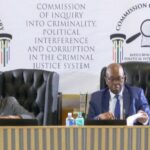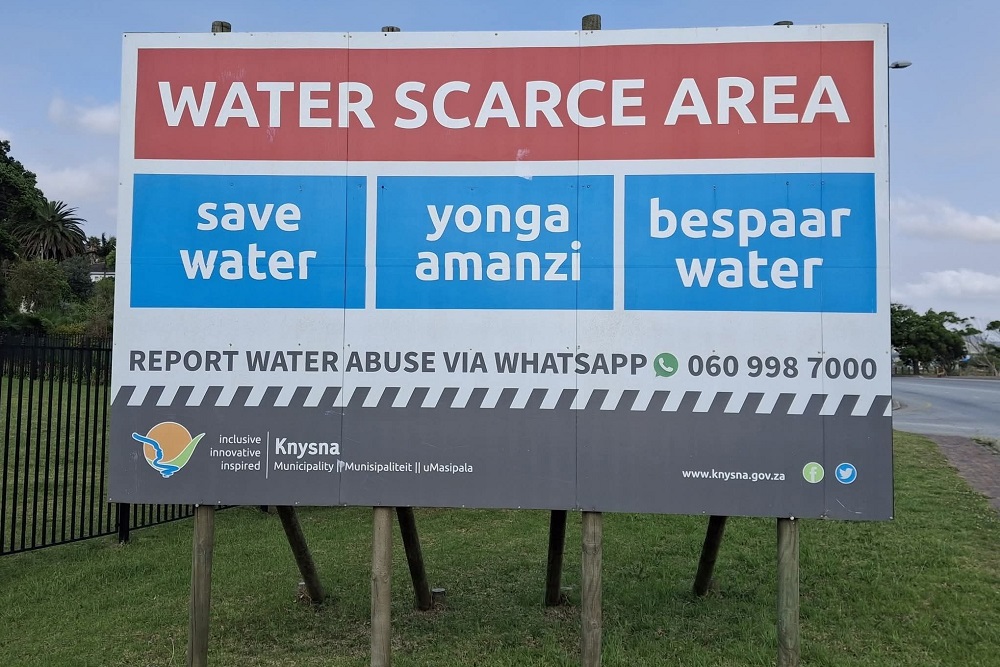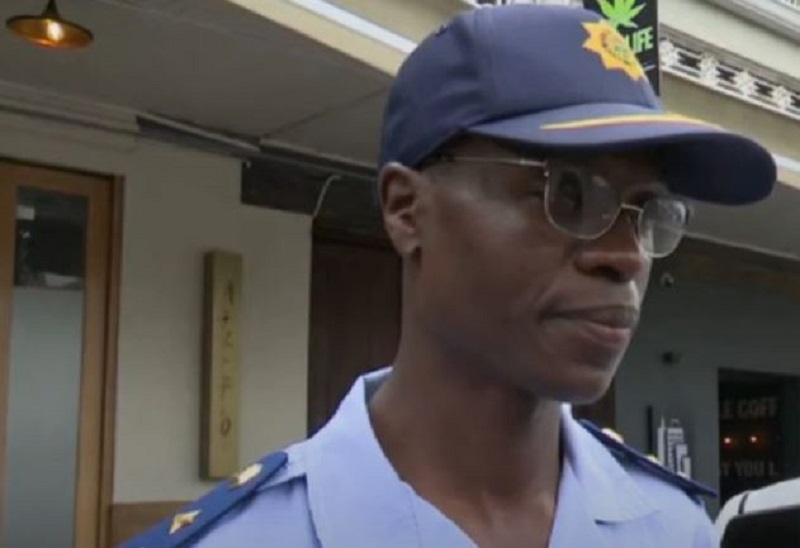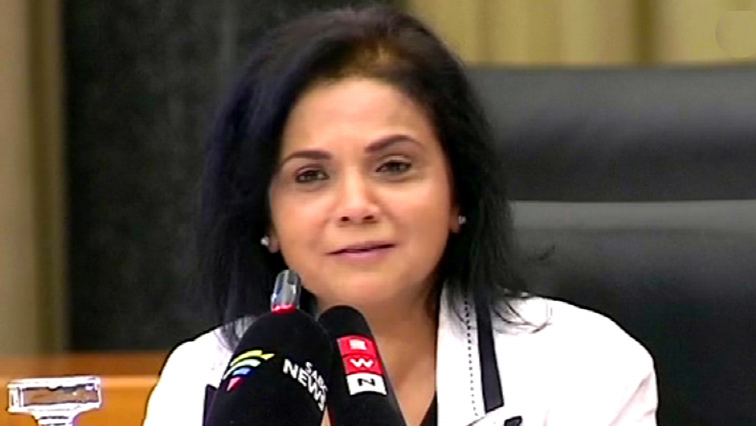-
Basic Education Minister Siviwe Gwarube speaking at a media briefing.
The South African Democratic Teachers’ Union (SADTU) in KwaZulu-Natal (KZN) has criticised the Basic Education Minister Siviwe Gwarube for not attending the signing of the Basic Education Laws Amendment (BELA) Bill into law.
SADTU in the province claims that this is due to her party’s opposition to two of the clauses.
When President Cyril Ramaphosa signed the Act in September, he said the implementation of these clauses be suspended, subject to negotiation.
SADTU clarifies their position following protests during the national cabinet’s visit to KwaZulu-Natal, as well as at a presidential imbizo.
SADTU in KwaZulu-Natal held a media briefing in Durban about their protests during the national cabinet’s visit to the province at the end of last week.
Members also held a placard protest when Basic Education Minister, Siviwe Gwarube addressed a presidential imbizo on Friday. This is after the union’s provincial secretary, Nomarashiya Caluza specifically asked that the President provide answers to their concerns on the BELA Act and other issues, instead of the minister.
Caluza elaborates, “Especially after her party led that march, that march which was clear. And that march was sending a clear message in its composition. Why are we not standing up as a collective of people who stand to benefit from the full implementation of the BELA Bill, and stand against that march? Because that march was a war towards the working class people of this country.”
The two suspended clauses of the BELA Act give the provincial education authorities the power to override school governing bodies’ language and admission policies. It will come into effect if an alternative agreement cannot be reached in negotiations by the end of December.
At the imbizo, Gwarube said austerity measures in education are of big concern to the provincial government.
“That’s why yesterday the president called a meeting for the provincial legislature and the national cabinet to understand the challenges faced by the department of education in KwaZulu-Natal. The premier said the main challenge is the lack of funding.”
Speaking at the imbizo, Ramaphosa further said that one of the key issues related to education in the province is the fact that no-fee schools are not receiving the same government grant as similar schools in other parts of the country.
Caluza explains the issue, “KZN department is funding schools far below the national norm. The national norm guides that schools in quintile 1 to 3 must receive at least 1-thousand 602 per learner, but the KZN department is paying 955, which therefore means that each learner is under-funded with R647 . . . each learner.”
Ramaphosa has told the imbizo that government will hold discussions with the national treasury in the run-up to the delivery of the new budget in February, on ways to alleviate problems the education system countrywide is experiencing with budget cuts.











